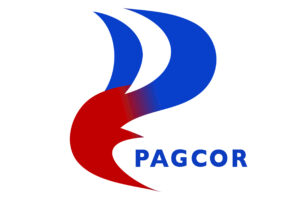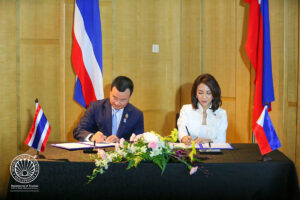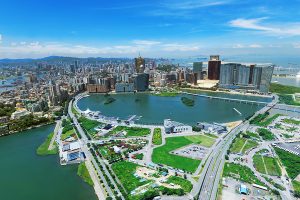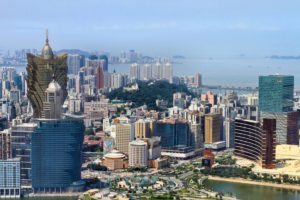PAGCOR to allot US$992m for nation-building initiatives in 2024
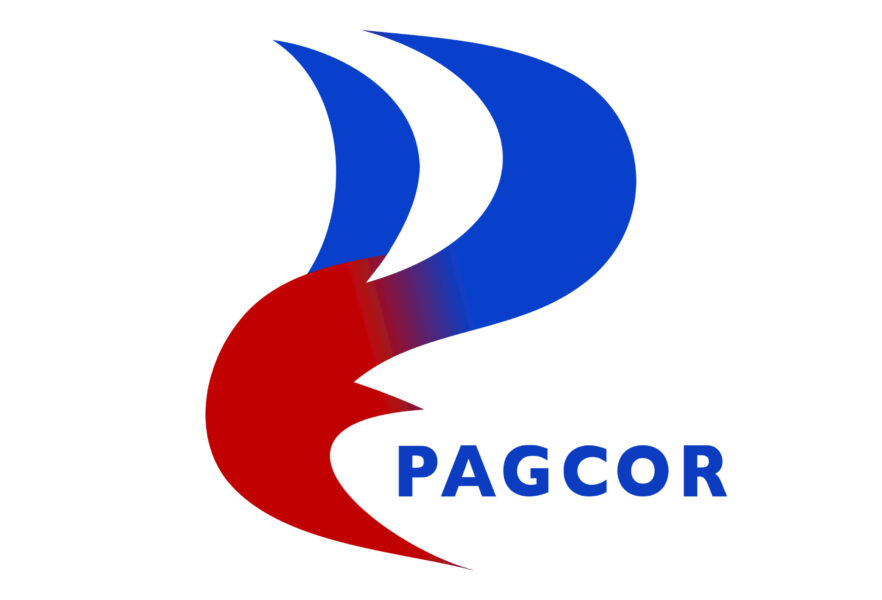
The budget includes PHP12.1bn (US$214m) for socio-civic projects.
The Philippines.- The Philippine Amusement and Gaming Corporation (PAGCOR) has earmarked PHP56.2bn (US$992m) for nation-building initiatives in 2024. This allocation reflects an increase of PHP8bn (US$141m) compared to the current year.
The 2024 budget includes PHP12.1bn (US$214m) for socio-civic projects, including the construction of school buildings, e-learning centres, and community wellness facilities.
PAGCOR chairman and CEO Alejandro Tengco said: “We are pleased to say that PAGCOR shall again contribute to nation-building in a major way next year with the gaming industry’s completely recovery and return to growth that was halted by the pandemic.”
This announcement followed the approval of PAGCOR’s 2024 revenue projections during the annual planning conference held in Baguio City. The agency expects net operating income to hit PHP61.5bn (US$1.1bn) in the coming year. The 50 per cent government share of its operating income is estimated at PHP37.5bn (US$662m).
PAGCOR will also contribute PHP3.95bn (US$70m) in the form of a 5 per cent franchise tax and provide the Philippine Sports Commission with PHP1.87bn (US$33m). Cities hosting casinos will receive PHP451m (US$8m), while sports incentives and benefits will receive PHP100m (US$1.8m).
Tengco said PAGCOR will launch new flagship socio-civic projects in January, focusing on underprivileged and remote communities in the Visayas and Mindanao. The projects will involve the construction of new school buildings, e-learning centres, community wellness facilities, and socio-civic centres.
He said “Let us be inspired that we are truly part of nation-building. As government workers, we are duty-bound to serve our country but as Filipinos, we are foremost called to help lay the foundations of a better nation.”
In July, Tengco said PAGCOR would surpass pre-pandemic revenue by the end of 2023. He also said that PAGCOR is committed to shifting to a purely regulatory role and that the process would take place by the third quarter of 2025.



